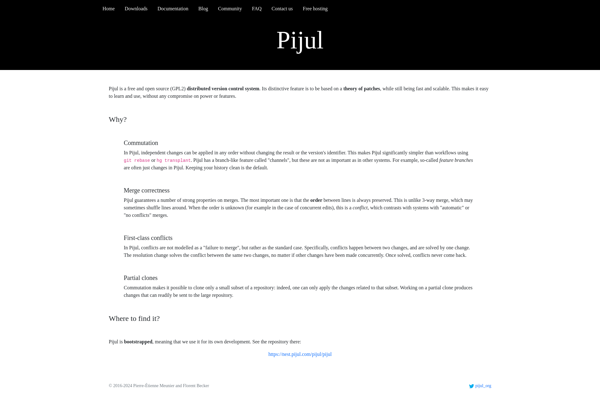SourceAnywhere
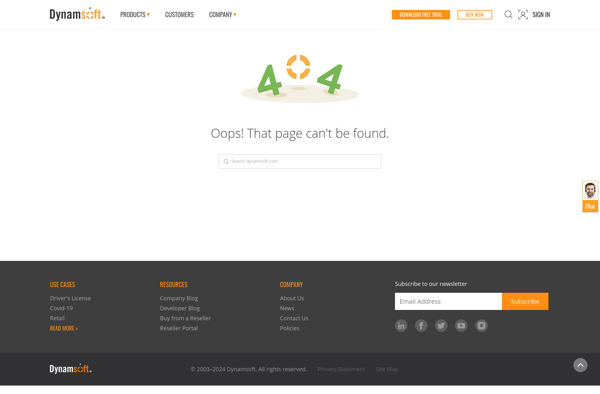
SourceAnywhere: Version Control for Team Collaborations
A version control software allowing teams to collaborate on source code with features like branching, merging, file history tracking, and secure remote access.
What is SourceAnywhere?
SourceAnywhere is a version control and source code management tool developed by Perforce Software. It allows development teams to collaborate on coding projects by tracking file revisions, enabling developers to work on parallel branches, merging code changes into a central repository, maintaining a history of changes, and securely accessing the latest files from any location.
Key features of SourceAnywhere include:
- Centralized source code repository to store all file revisions
- Check in/check out system to commit code changes or lock files for editing
- Branches to isolate parallel development streams that can later be merged
- History of all changes showing detailed diffs and highlighting altered lines of code
- Annotations detailing commit messages for each saved revision
- Workspace concept that retrieves file versions for editing or compiling
- Secure remote access through SSL, integrated firewall, and advanced authentication
- Integration with IDEs like Eclipse, IntelliJ, and Visual Studio
- Web client for code review and repository access from any browser
SourceAnywhere is primarily designed for small to midsize dev teams that want an affordable on-premises version control platform with robust branching capabilities and a rich history view compared to more basic VCS options.
SourceAnywhere Features
Features
- Centralized version control
- Remote access and collaboration
- Branching and merging
- File history tracking
- Web client access
- Integrated IDE plugins
Pricing
- One-time Purchase
- Subscription-Based
Pros
Cons
Reviews & Ratings
Login to ReviewThe Best SourceAnywhere Alternatives
Top Development and Version Control and other similar apps like SourceAnywhere
Here are some alternatives to SourceAnywhere:
Suggest an alternative ❐TortoiseSVN
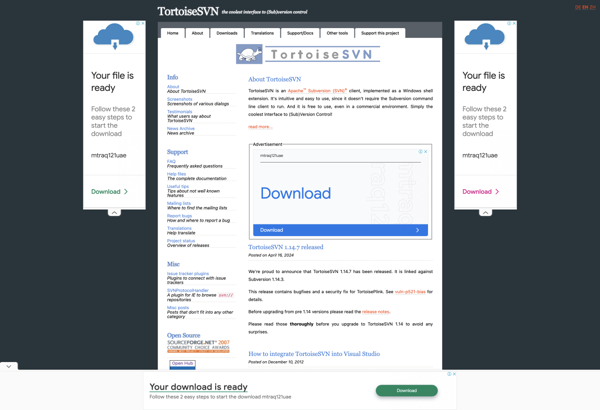
Mercurial SCM
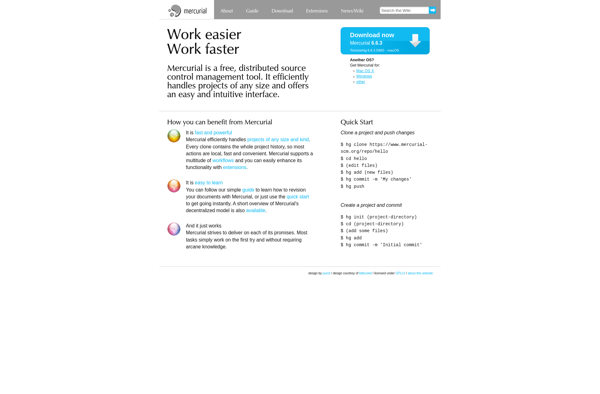
Perforce
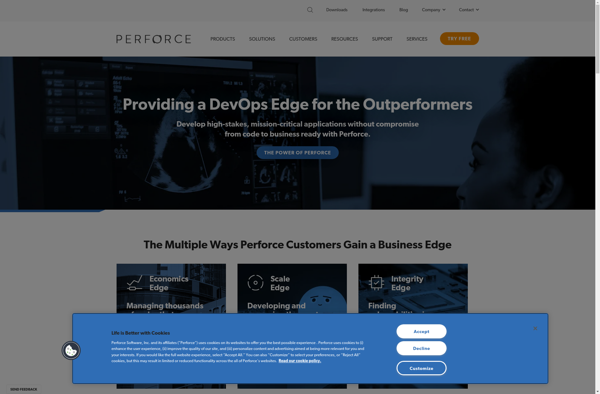
ZenTao
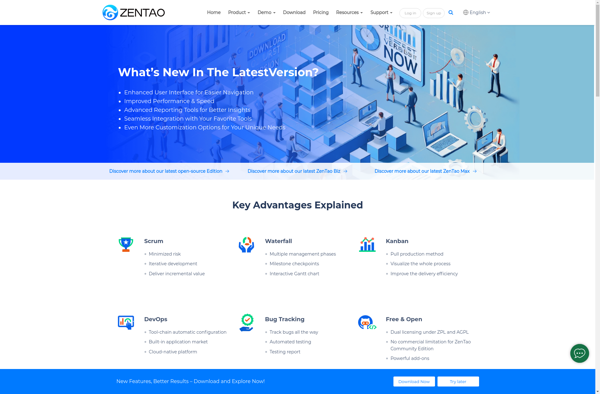
Apache Subversion
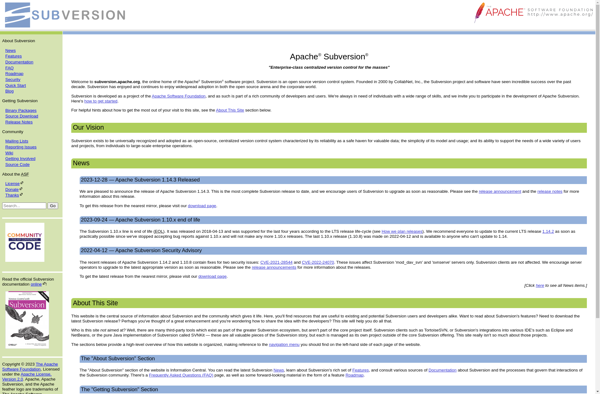
VisualSVN
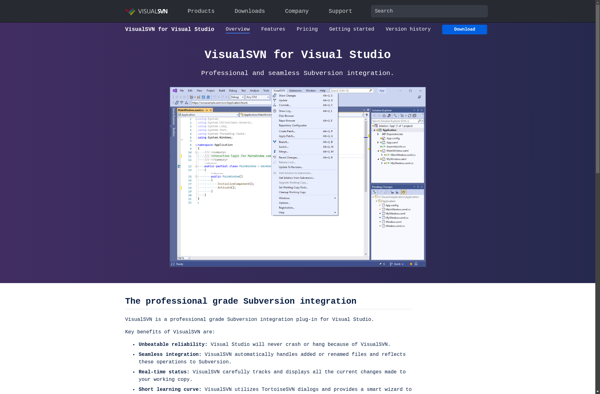
AnkhSVN

Darcs
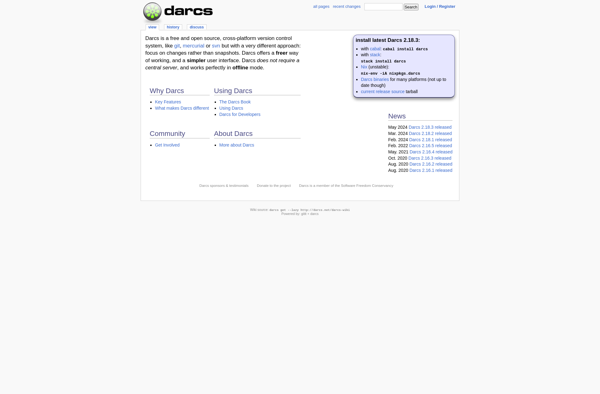
Rational ClearCase
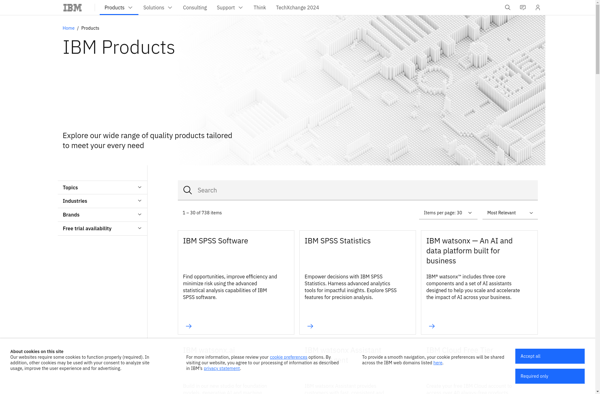
SnapshotCM

UberSVN

Pijul
